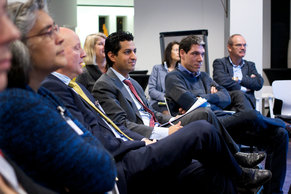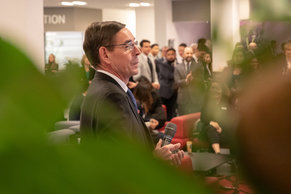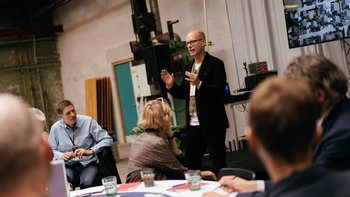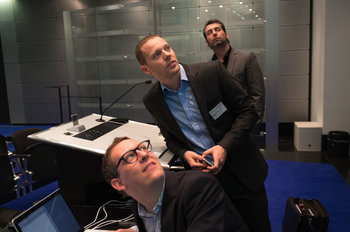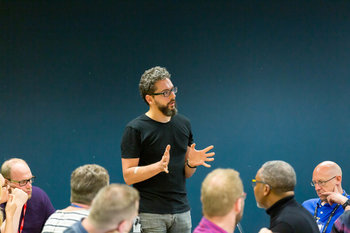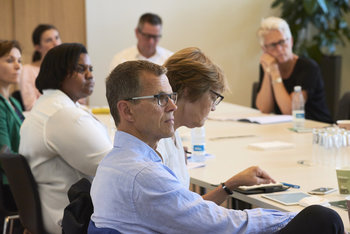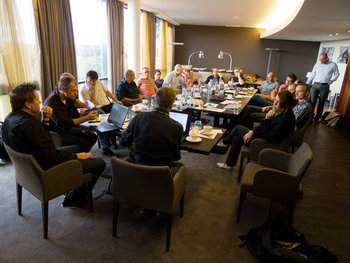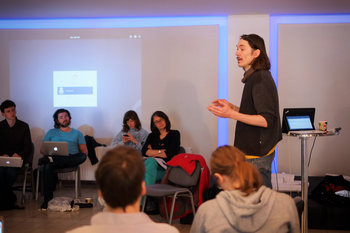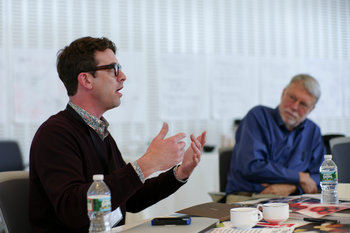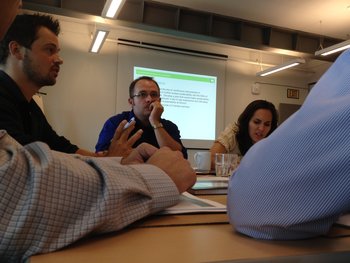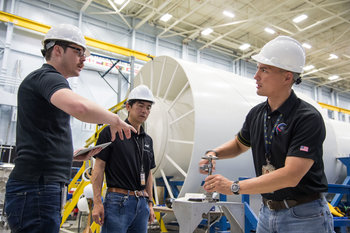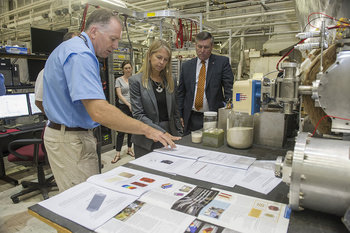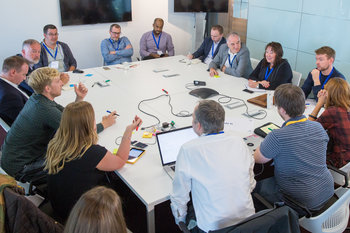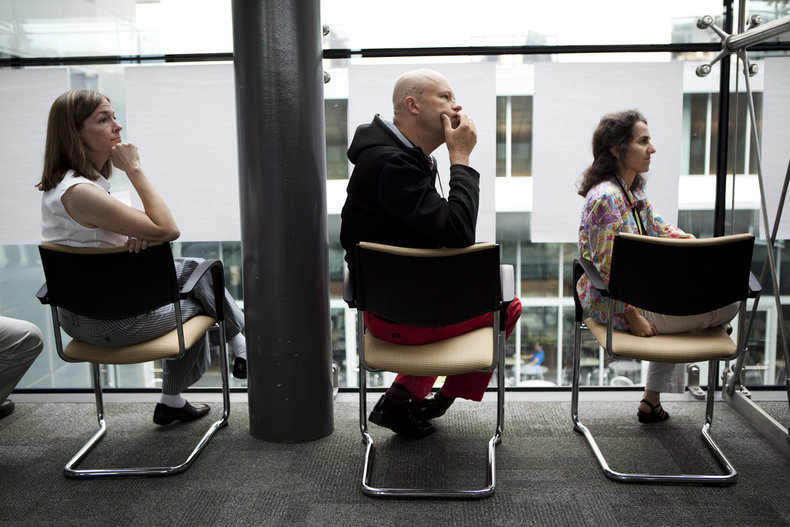
Social Principle
Conversations are the source of change.
Story Principle
Storytelling shapes the future. Every great change has a great story.
Anticipatory Principle
People move towards their vision of the future.
Urgency Principle
Create a sense of urgency around change.
Positive Principle
Change moves with positivity. Negativity may ground change.
Agents of Change
People emerge who push a change forward.
Resistance to Change
People emerge who will resist change.
Communication Principle
Change is communicated and socialized.
Coalition Principle
Organizational changes require cooperation, acceptance and social momentum.
Transparency Principle
Needless secrecy is avoided.
Transition Principle
There may be many transitional states required to achieve a future vision.
Measurement Principle
If it can be measured, it can be improved.
Benchmarking Principle
Compare results to evaluate change.
Appreciative Inquiry
Build on what is already working.
Disagree and Commit
There is a time for debating change and a time for everyone to commit to a plan.
Emergent Change
The plan changes with time as you move forward.
Preserving Ambiguity
Avoid making assumptions too early in a change.
Last Responsible Moment
Make decisions when they really need to be made.
Worse is Better
Adding more to a change can reduce its value.
Keep it Simple
Complexity for the sake of complexity is waste.
Essential Complexity
Minimalism for the sake of minimalism is waste. Complexity often adds value.
There’s More Than One Way to Do It
There is no perfect plan, just many good plans.
Fail Well
Design prototypes and experiments that fail quickly, cheaply and safely.
Minimum Viable Product
Get changes out in the real world quickly.
Pareto Principle
Avoid perfectionism, 80% of value may come from the first 20% of effort.
Ship Often
Change is structured into small parts that can be quickly completed.
Trough Of Sorrow
Change begins in excitement and progresses towards disillusionment before bouncing back towards excitement as it gains traction and successes.



